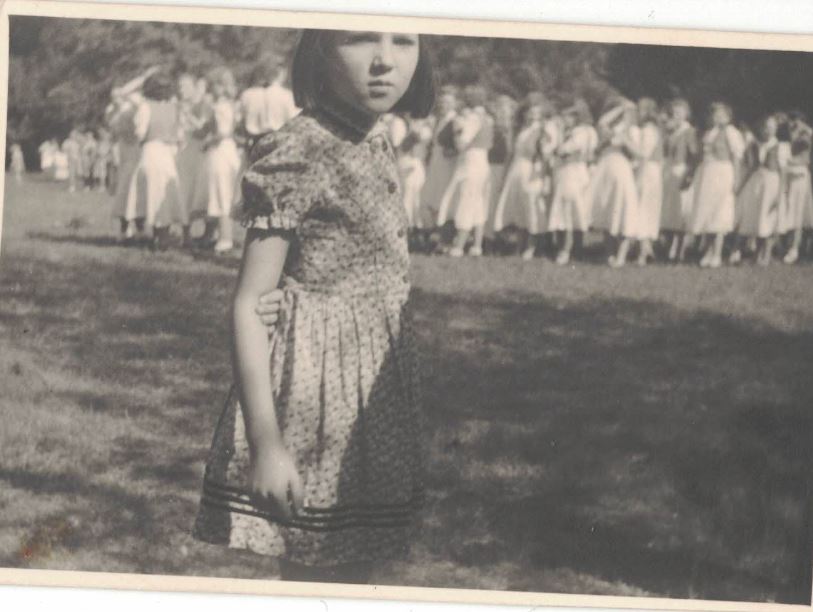Thomas Rose, Trump’s new man in Warsaw, isn’t a career diplomat. He’s a right-wing media figure, political operator, and staunch nationalist. His arrival marks a shift in US-Poland relations. What does it mean? 🧵 

2/ Rose built his career attacking liberal bias in US universities, defending Israel’s hardline security policies, and pushing for a foreign policy that prioritises sovereignty over alliances. Now, he’s Washington’s top man in Warsaw.
3/ He started in journalism, reporting for CBS in the 1980s, later running a media company. A trip to Alaska made him famous. He covered a whale rescue operation but turned it into an attack on government waste, arguing money should go to energy, not environmentalism.
4/ By the 1990s, he had moved into politics. He worked for the Republican mayor of Indianapolis, met Mike Pence, and became an ally. Later, he moved to Jerusalem to work at The Jerusalem Post, where he became a staunch supporter of Israel’s hardline security policies.
5/ Rose saw Israel as a perfect US ally - self-reliant, aggressive when needed, and uninterested in global consensus. This shaped his views on NATO: America should not subsidise European security. Poland, take note.
6/ Under Trump, Rose was a key adviser to Mike Pence. He pushed for the US embassy move to Jerusalem and backed Trump’s “America First” approach to foreign policy. He supported NATO but insisted Europe pay its own way.
7/ Now, he’s in Warsaw. PiS is thrilled. Adam Bielan says they knew about the nomination for months. Beata Mazurek calls it a “big problem” for Tusk’s government. Waldemar Buda calls him a “friend of Poland.”
8/ The ruling coalition is wary. Hanna Gronkiewicz-Waltz warns ambassadors should stay out of domestic politics. Grzegorz Schetyna suggests Rose will get a “reality check” once he sees Poland up close.
9/ Rose hasn’t been neutral. He slammed Tusk’s government for its stance on Netanyahu. He praised Duda for pushing Tusk to back down. He openly supports PiS figures like Morawiecki. He’s a political player, not a career diplomat.
10/ With Trump back in power, PiS hopes for a return to the golden days of 2016-2020. Back then, Poland was one of Trump’s strongest allies in Europe. Rose’s appointment seems like a signal: Warsaw still matters to Washington.
11/ But things have changed. Trump 2.0 is different. His administration is filled with loyalists, not establishment Republicans. Foreign policy is more transactional. Poland is valuable, but everything now has a price.
12/ Rose supports NATO, but Trump has already suggested that members who don’t pay enough won’t get US protection. Poland spends big on defence, but how reliable is Trump’s commitment?
13/ The Ukraine question looms large. Rose has backed Ukraine’s right to defend itself but has also warned against US over-involvement. If Trump scales back American aid, Poland may have to take on a bigger role alone.
14/ Rose will not come here to maintain the status quo. He’s a Trump loyalist who believes alliances are only useful when they serve US interests. That could mean big changes for US-Poland relations.
Thanks for reading. I hope you found it informative.
For more news and information from Poland, please follow me: @StuartDowell_
For more news and information from Poland, please follow me: @StuartDowell_
• • •
Missing some Tweet in this thread? You can try to
force a refresh
















